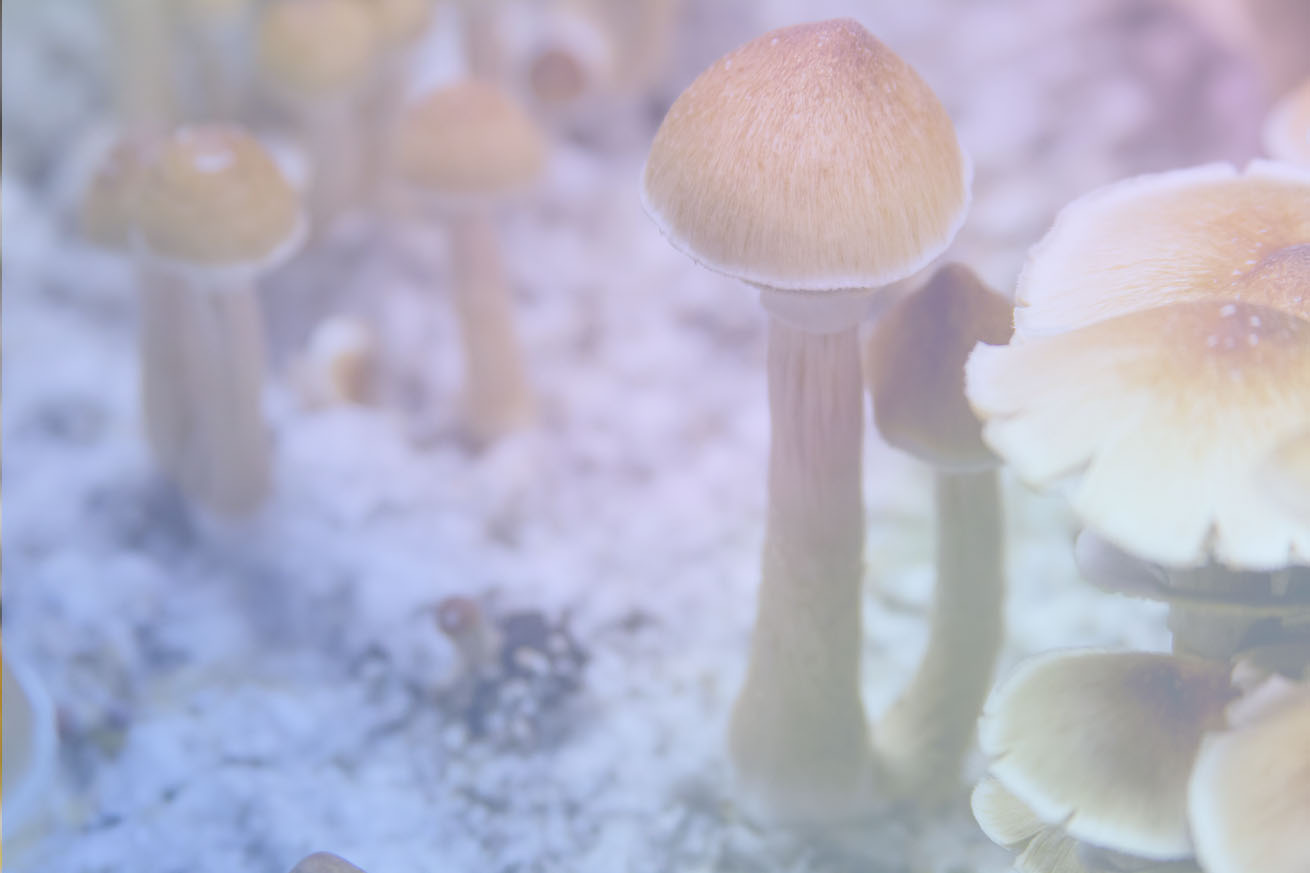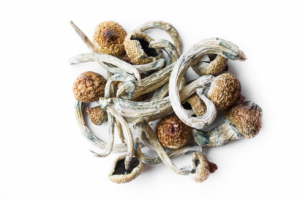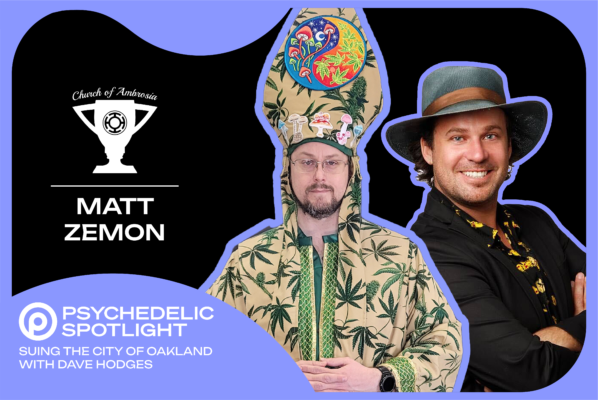
Oregon Psilocybin Services, a new section within the state’s public health division, recently released its first draft of the rules regarding the state’s Psilocybin Program Initiative, a first-in-the-nation measure which will legalize the purchase, sale, and administration of psychedelic mushrooms in 2023.
Passed in November 2020, Measure 109 will allow anyone aged 21 and older to purchase and use the plant medicine—which has been shown to help treat everything from post-traumatic stress disorder to depression—regardless of whether they’ve been given a prescription or diagnosed with any condition by a doctor.
Though the rules have yet to be adopted or even completed, the current draft does offer guidance as to how psilocybin facilitators will be trained, which species of magic mushrooms can be grown and how they can be sold, and precisely how the products will be sampled and tested.
Prospective psilocybin facilitators will generally required to complete a 120-hour Core Training program—covering everything from integration and psilocybin pharmacology to “safety, ethics, and responsibilities” and “cultural equity in relation to psilocybin services”—and 40 hours of practicum training. However, programs may also confer upon qualified students “accelerated training hours” for previous “professional credentialing, prior training and education, or relevant experiences.”
The guidelines prohibit licensed manufacturers from producing psilocybin by chemical synthesis as well as using dung or wood chips in cultivation and production of their products. They’re also disallowed from marketing their psychedelics to minors, which means they can neither model their product after non-psilocybin products meant for children nor can they produce psilocybin in the shape of an “animal, person, vehicle, or character.”
Additionally, the guidelines only permit the growth and possession of one specific fungi species — Psilocybe cubensis; also known as Golden Teacher mushrooms — out of about 200 known species of Psilocybe mushrooms.
“Psilocybe cubensis is a fungal species to consider focusing on initially because there is a long history of safe consumption of this species,” Psilocybin Advisory Board mycologist and Oregon State University professor Jessie Uehling told Oregon Live.
“It is very easily cultivated in indoor settings, and these fungi pose less potential safety risks to consumers,” she continued, adding, “While focusing on one fungal species may initially seem limiting, Psilocybe cubensis contains hundreds of isolates — for example, tidal wave — that are very commonly cultivated, and these are all possibilities for manufacturers.”
Oregon Psilocybin Services’ first round of Rule Advisory Committees (RAC) meetings will run Tuesday through the end of the month with a public comment in April before the first set of rules are adopted in May. The RAC will convene again in September to outline and adopt the final set of Measure 109 guidelines sometime before the program goes into effect in January.
While Oregon made history as the first U.S. state to legalize psilocybin, several others states and cities have introduced similar measures in recent years. Denver, Washington, D.C., Seattle, Oakland, Santa Cruz, Calif., and several towns in Massachusetts have all decriminalized psilocybin. California is expected to pass a Senate Bill in 2022 to decriminalize personal use of psilocybin, psilocin, MDMA, LSD, DMT, ibogaine, and mescaline (excluding peyote) while state legislators in New York, Florida, Michigan, Maine, and Pennsylvania have also proposed some form of psychedelic decriminalization or legalization for medical purposes.





